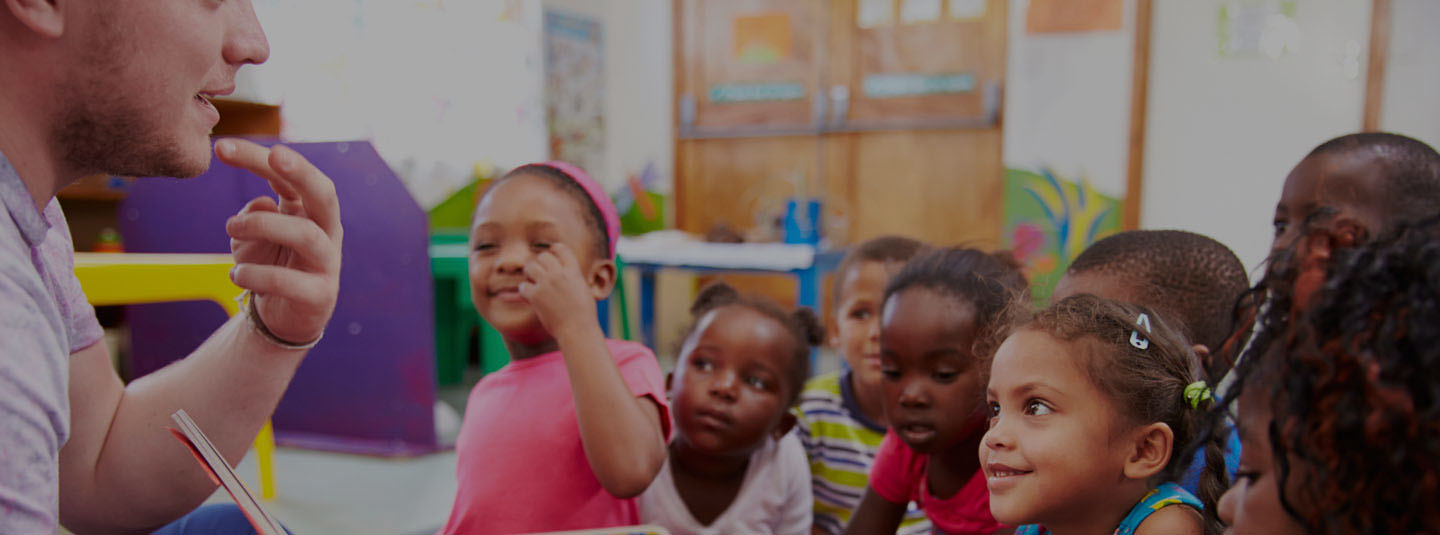Let’s talk about the emotional demands of being a primary classteacher – and the implications for teacher educators
How do we, and should we, prepare student teachers to recognise, and respond appropriately to, what triggers their own strong emotional responses?
Group1
- This question highlighted the complexity of the issue and time needed to be spent deconstructing it and examining the connotations of each key word e.g. the difference between ’recognise’ and ‘respond’; what do we mean by ‘appropriate’, by ‘strong’
- We discussed in particular:
- Ways in which we are trying to support student teachers e.g.
- Reflective responses
- Scenarios
- What is mean by professionalism
- Reasons for not taking this on board, e.g.
- Lack of training (and funding)
- Tutors’ own emotional triggers causing barriers
- Who is involved, i.e.
- Student teachers
- Lecturers
- Mentors
- ... and the complex relationship between all 3.
Another point raised is that students who have had formal interventions previously can actually be more able to do this (recognise and respond) for themselves.
Group 2
- Provision within ITE to develop emotional intelligence to provide students with the primary strategy of acknowledging the problem.
- Provision of high quality mentoring at school and university.
- Facilitating a safe space for discussion and talk.
- Emotional intelligence underlying across the ITE curriculum. Including a realistic perspective of teaching.
- Valuing students/staff. (CPD)
These should be an ongoing shared responsibility across the profession.
How do we, and should we, prepare student teachers to deal with the emotional challenges of teaching a difficult class?
Group 3
- PREPARATION should include theory and strategies for behaviour management.
- REFLECTION should include an ongoing reflection on emotional demands in the classroom, rather than for example frustrations over workload etc.
- SO WHAT ...INPUT following school experience, strategies to deal with stress, session on resilience, well-being etc which can be linked to experience.
Group 4 – Balancing care for self with care for others
- What would a difficult class look like?
- Self-awareness/reflective
- Person centred theory – Rogers – 3 core conditions
- Complexity of classrooms
- Long term survival – preparation for the long term resilience of school life.
- EBD, Deprivation, EAL, Highly advantaged children – stereotypical difficult class. All children/ potential to be difficult.
- Challenging own assumptions. Pedagogical awareness. Child Development Theory.
- Carl Rogers – Empathy, Respect and Realness – couching feedback in terms of 3 Core Conditions. Students’ ability to receive feedback on placement.
- Small steps – success and failure – with individual classes and children. Personalised approaches. We learn through trial and error. There are no set solutions or strategies guaranteed to work.
- Support networks and personal wellbeing. Balancing care for the self with care for others.
How can we help student teachers to assess the emotional climate and mood of a class?
Group 5
- Pre-placement activity – develop vocabulary of emotions (e-literacy). Observe within tutor groups what emotions to expect in class?
- Create mind map – emotions, positive/negative, structured/unstructured, teacher authority/control, independent/collaborative teaching approaches.
- In school – Discuss with classteacher. Observe class. Give informal description of e-climate (not assessment). Evaluate relationship between e-climate and learning.
- After placement – Findings shared, post-placement tutor groups, plus discussions.
Group 6
- Awareness that your own mood can impact on your class.
- Help student teachers to consider and pick out certain behaviours that create the mood and atmosphere in a class – through case studies, listening to teachers’ past experiences, videoing own and others’ lessons and discussing.
- Help student teachers to establish routines in their class to help control and maintain climate and mood. Develop flexibility to address certain climates.
- Help student teachers to understand that developing relationships with their class will help to notice and understand the climate and mood and the best way to deal with situations.
Are there any types, or groups, of student teachers for whom the emotional demands of teaching a class of young children are likely to be greater than other? And what are the implications for teacher educators?
Group 7
- BME – inclusion, belonging, social support, clash between student/school ethos.
- Emotional issues / mental health. How some student scope with these – issues once they are experiencing additional pressures.
- PT/FT – mature students, their preparation for the course.
- Males – lad culture, emotional vulnerability from peer pressure.
Tony Eaude added as final comments;
- The importance of the emotional demands being incorporated into practice (eg observations, journals, mentoring) rather than an add-on
- the value of using scenarios, especially with video, to help make what is often implicit explicit and to help students learn to assess the mood of a class;
- the importance of ‘spotting the signs’ of those who may find the emotional demands particularly difficult- and giving appropriate support –and if possible researching whether these signs prove to be accurate
- the need especially in the early career phase to reduce isolation and feelings of guilt and inadequacy and for teachers to nurture themselves- and so in ITE to help students recognise this and to enable teachers post-qualification to access appropriate support, both formal and informal.

